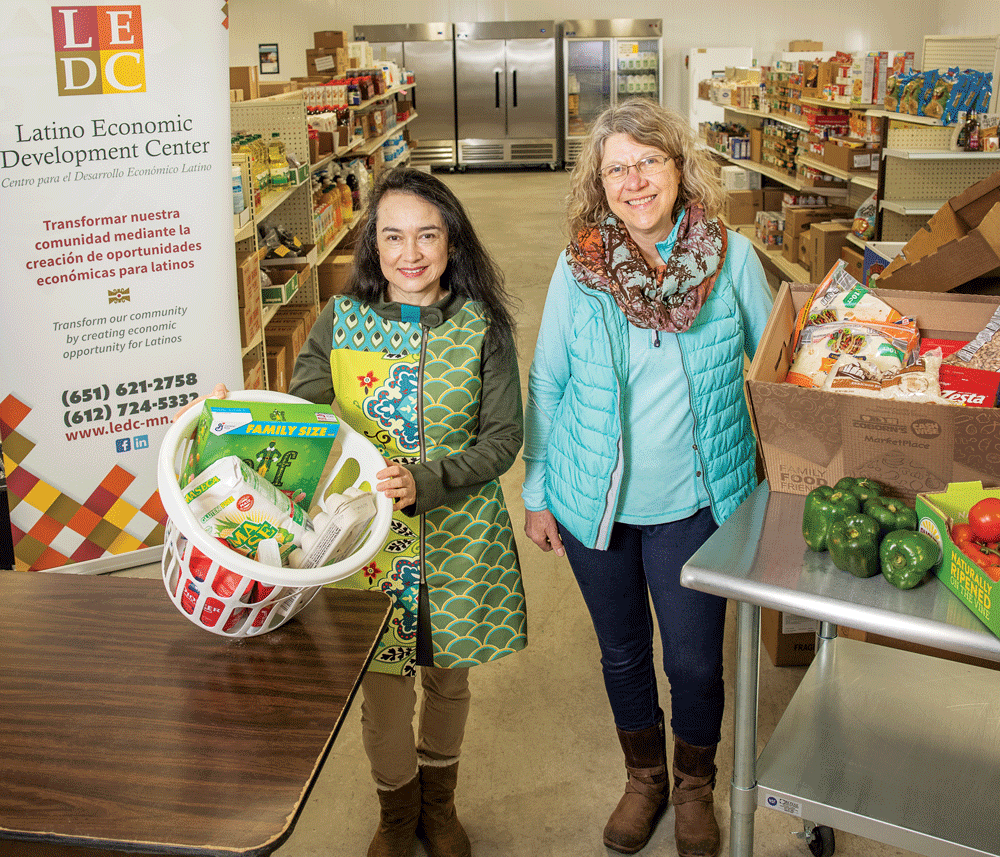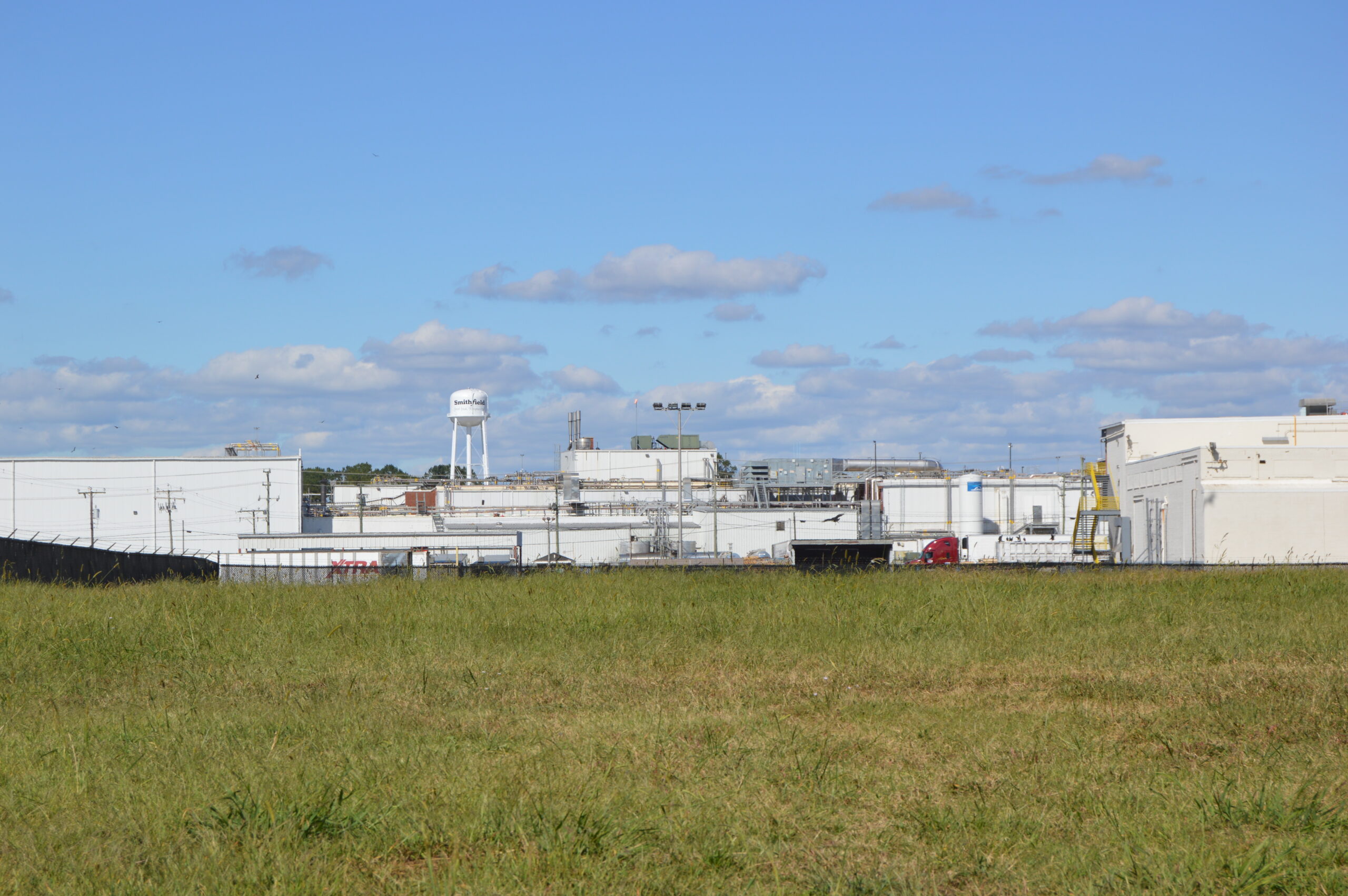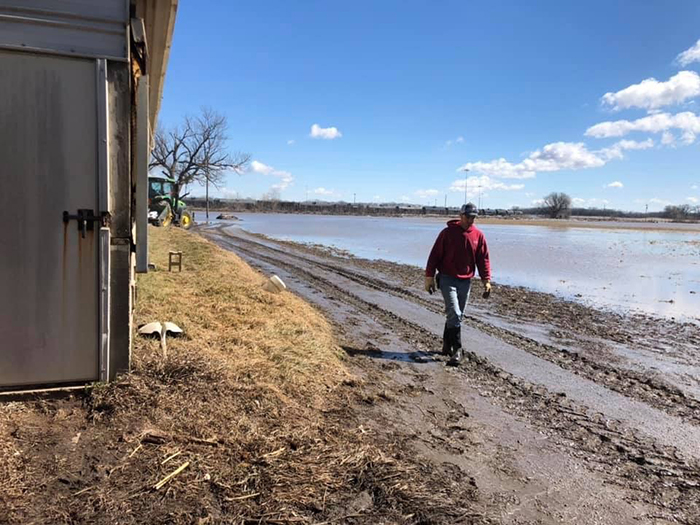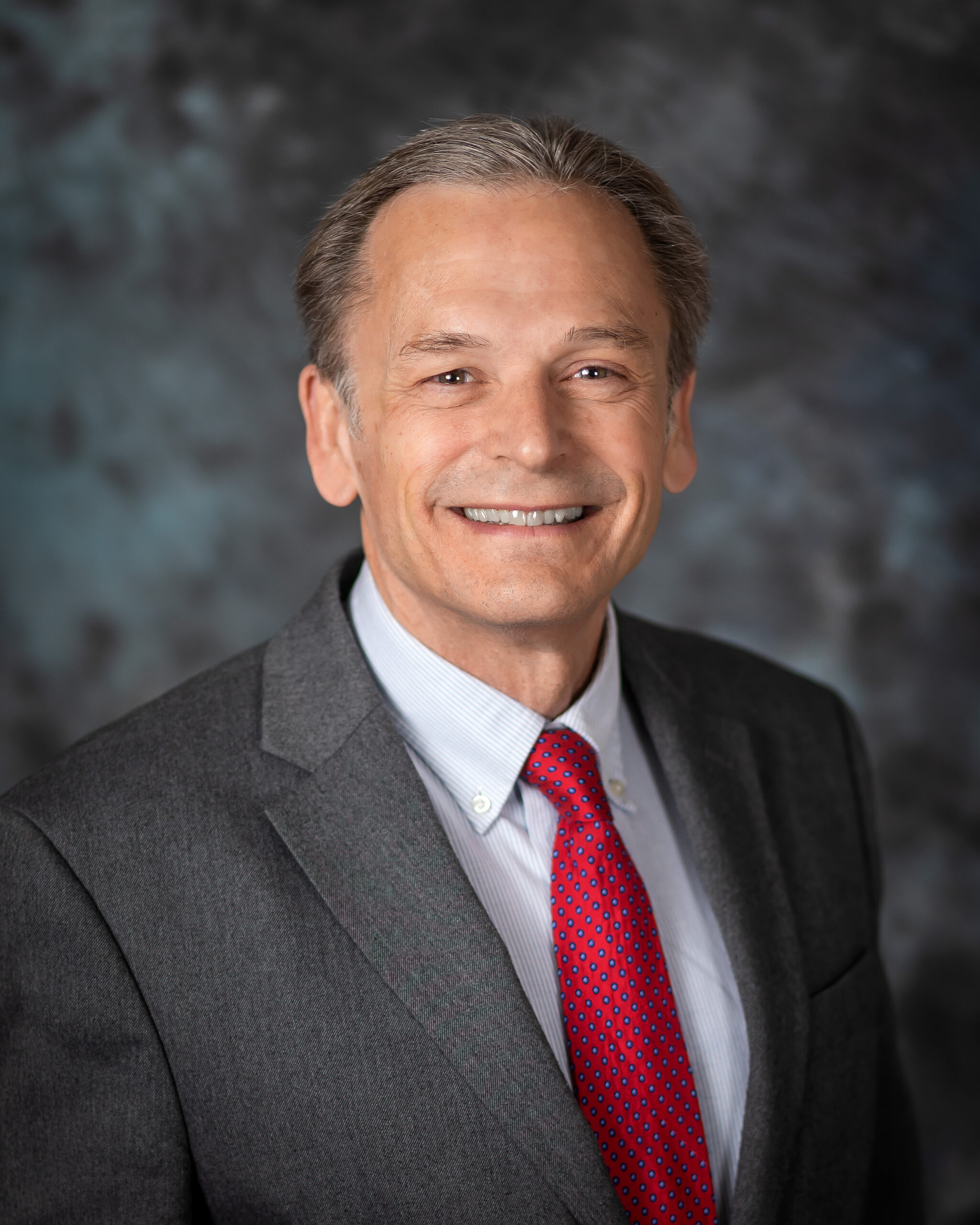COVID-19 provides myriad lessons in cultural navigation
When COVID-19 slammed Central Minnesota in early 2020, it swept through meat-packing plants and large-scale dairy operations, affecting families that were least able to buffer the tsunami of hardship unleashed by the pandemic. Many of these families were New Americans. Multigenerational families in apartments and small houses had no space to quarantine as positive cases […]

When COVID-19 slammed Central Minnesota in early 2020, it swept through meat-packing plants and large-scale dairy operations, affecting families that were least able to buffer the tsunami of hardship unleashed by the pandemic. Many of these families were New Americans.
Multigenerational families in apartments and small houses had no space to quarantine as positive cases climbed. Workers were forced to take unpaid time to care for themselves or their loved ones. Those who were fortunate enough to remain employed had to go to work despite the risk of exposure to continue to pay for housing. Personal protective equipment was scarce, and test results often took more than a week. Distance learning for children compounded their stress and raised the need for reliable Internet service, quality child care, homework help and meals that had previously been available through schools.
Since the March 2020 onset of the pandemic, the Initiative Foundation, headquartered in Little Falls and serving the 14 counties of Central Minnesota, has responded quickly, nimbly and with every available tool and resource at its disposal. This blog is intended to capture what we did right and, perhaps more importantly, what we’ve learned along the way.
Responding to a global pandemic
Supported by $160,000 from the Center for Disaster Philanthropy’s COVID-19 Response Fund and Midwest Early Recovery Fund, the Initiative Foundation helped hire full-time staff for two partner organizations: Central Minnesota Community Empowerment Organization (CMCEO) and the Latino Economic Development Center (LEDC). Each organization secured bilingual disaster relief coordinators to build bridges to social services and culturally appropriate resources that have proven vital during the pandemic.
In collaboration with the Initiative Foundation, relief coordinators Shirwa Adan at CMCEO and Mónica Segura-Schwartz at LEDC assessed the impact of COVID-19 on the health of workers, their families and their broader communities. The result has been a series of strategies to support underserved communities adversely affected by the pandemic.
As a result of their work, both organizations have become critical hubs for distributing more than $1 million in Coronavirus Aid, Relief, and Economic Security (CARES) Act support – a complete and welcome surprise for the region!
Lessons for culturally appropriate disaster response
Along the way, we’ve learned several important lessons for identifying and meeting critical needs in ways that recognize cultural practices, traditions and unique circumstances:
- Access to Halal food is important to the East African community that is primarily centered in the greater St. Cloud area of Central Minnesota. In the simplest of terms, Halal is food that is pure, clean, wholesome, nourishing and pleasing to the taste, unless prohibited by the Quran. When we initially brought Halal food from outside the community, we did it with the best intentions. However, we learned that local East African merchants extend significant credit to working-class families, which settle their debts once they are able to pay. When food was imported from outside the community, it unintentionally undermined this economic network of local entrepreneurs, literally threatening their livelihood. Shirwa Adan quickly adjusted our strategy to purchase food from local vendors, strengthening the local economy and enriching cultural ties.
- Many families from South and Central America have a strong desire to prepare scratch-made foods. It’s a way they can ensure they are providing loved ones with familiar dishes while also stretching limited budgets. Most food banks employ a decidedly different strategy by catering to people from dominant cultures who seek quick and convenient foods as they juggle jobs and other demands. Guided by Mónica Segura-Schwartz’s insights, we worked with our food security allies to adapt and diversify their offerings.
- Displaced meat processing plant workers often land jobs in livestock production. Unfortunately, many lacked adequate outdoor clothing essential for enduring Minnesota’s long, harsh winters. To meet the need, the partnership helped to secure insulated workforce clothing.
Building relationships and trust
As relationships have developed, CMCEO and LEDC have become trusted community advisers on COVID-19 safety and reliable vaccination information. Looking ahead, we hope to forge even deeper relationships and we fully expect that the peak disruptions of the pandemic can pave the way for new opportunities:
- As workers return to full production, the need for bilingual child care is greater than ever. To help ease the strain, the Initiative Foundation aspires to finance a Latina-owned child care cooperative.
- In Central Minnesota, Halal goat meat often is imported from Australia. We believe we can establish local supply chains that benefit century farms, local butchers, existing distribution networks and retail outlets.
In this past year of darkness, stress and fear, good neighbors of three distinct cultures have found common opportunity. Through the sharing of ideas and resources, this partnership has helped many in our underserved communities work with dignity so they can provide for their families and build community together.
Prioritizing those most affected by disasters
While this wasn’t the year we anticipated, it demonstrated to us that we need to constantly examine our processes to ensure we can pivot and respond to crises of this scale and magnitude.
Our adaptive management response didn’t come without its pain points: On a weekly basis we had to decline funding requests from familiar partners that could normally count on us to lend support during normal times. The majority understood and respected the duty we felt to fund urgent and basic needs.
Our long-standing relationship with CDP helped us recognize that hardship doesn’t harm all communities equally, and that low-income New Americans, those with language barriers and renters all are disproportionately affected when a pandemic or other disaster strikes.
More like this

The Intersection of Historic Flooding, Meatpacking Plants and COVID-19

